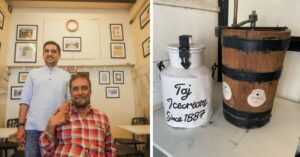After An Infant Succumbed to Rape, This Woman Started An NGO to Save Lakhs of Kids
From starting India's first 'Human Milk Bank' to supporting rape survivors, Armida Fernandez has done it all.
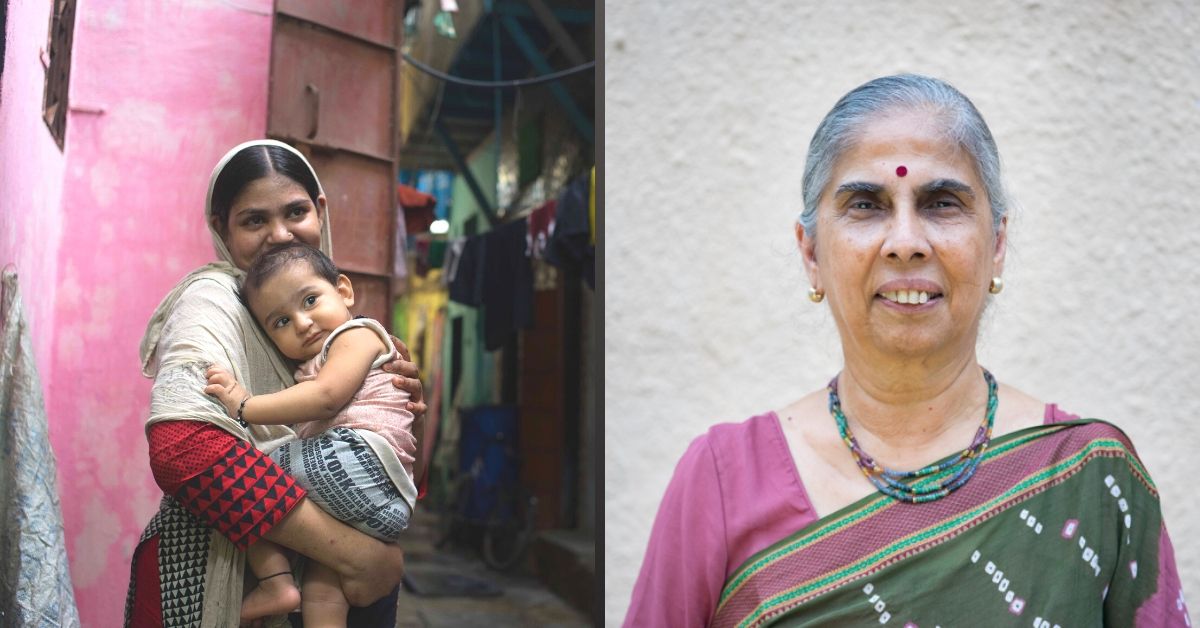
It was while she was a neonatologist at Mumbai’s Sion Hospital that Armida Fernandez, now 76, came across a six-week-old baby girl who had been raped. The baby’s body was mutilated, and despite trying everything available in their power, she and her team could not save her.
Apparently, the perpetrator had raped the infant to relieve himself of a sexually transmitted disease, a belief held in many communities in India and Africa.
Fernandez was so shell shocked that she didn’t know what became of the mother after the incident. The horrific state of the baby and barbaric nature of the assault had left a numbness in her that lasted years.
Fernandez had been working at Sion since 1971 in the hospital’s neonatal care unit, looking after premature and sick babies from the poorest communities in the area, including the slum of Dharavi. The mothers that came to her were often in a fragile state, and their babies were even worse off. Several infants were born with crippling defects, a consequence of poor maternal health and lack of nourishment. Fatalities were very common, both in infants and their mothers.
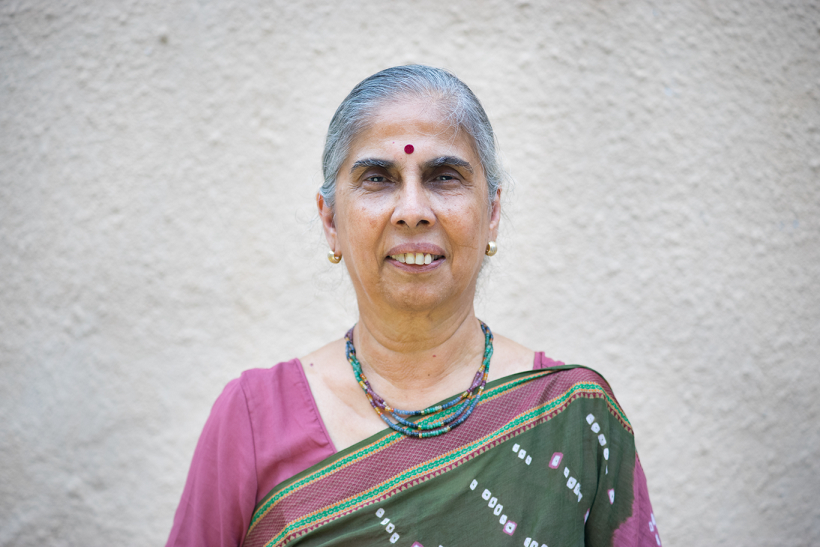
In fact, at the time, it was common for premature babies to die in the intensive care unit. At times, mothers took their infants home, where they survived, but returned to the hospital a few weeks later to say that their baby had died.
For many of the mothers, staying alive was a challenge, let alone caring for a newborn. They lived in abject poverty with multiple responsibilities, and if the child was born with any physical or mental disability, the mothers were simply unable to care for them.
The pathetic state of affairs rankled Fernandez. She couldn’t bring herself to come to terms with the loss, the grief, the sheer helplessness of what she routinely witnessed. Yet, she did not know how she could change things.
She encouraged mothers to breastfeed as it would protect the baby from any infections. In 1989, she started the first Human Milk Bank, explaining the importance of nourishing the mother for a healthier baby and making them take every precaution. From 6-7 fatalities, the number of deaths fell to one in ten over some time.
But the incident of the raped baby girl marked a turning point for her. Fernandez understood that this was not a battle where she could wait for victims to fall in her lap. She needed to enter the battlefield to make sure her victims were spared. Whether it was to stop violence against women and children or to ensure that expectant mothers took better care of themselves, she realised that she needed to enter their homes, lives, and communities to induce a change in attitudes and behaviours.
Yet she had no experience of the kind.
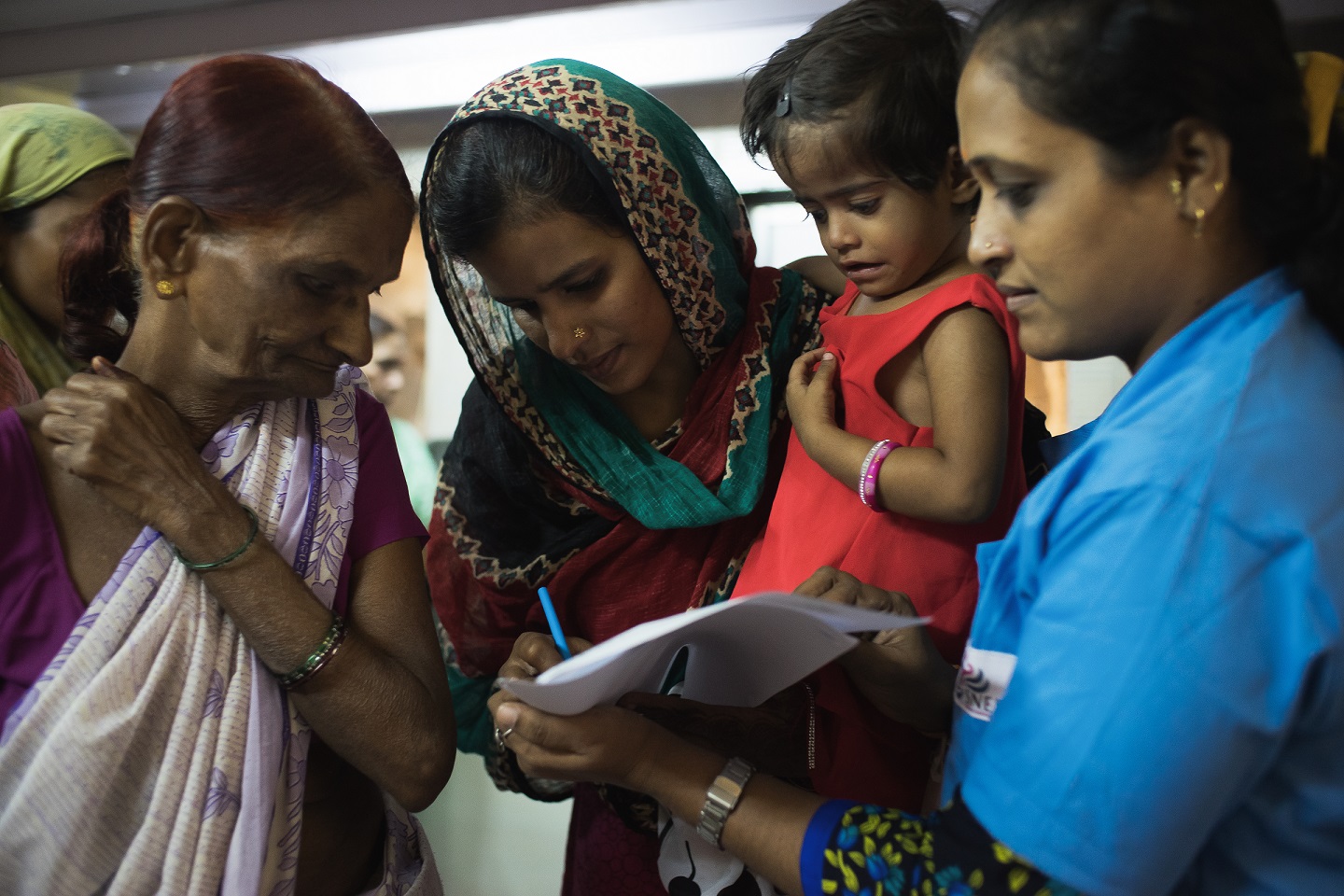
She barely knew what NGOs did or stood for, let alone how to register or run one. She did, however, mention her desire to a businessman friend; he offered to sell his house in Nashik and give her the money to set her off on her journey. Unfortunately, he died of a massive heart attack the following morning, and his wife decided to honour his last wish. She sold the property and handed the cheque over to Fernandez.
The generous spirit of a departed friend and his grieving widow loomed large before her. This marked the birth of SNEHA, an organisation committed to maternal and newborn health, child health and nutrition, empowerment, health and sexuality of adolescents, and prevention of violence against women and children.
Instead of waiting for patients or victims to turn up, SNEHA began to enter the communities–the slums and chawls–to which the poorest belong. Volunteers were galvanised to spread one primary message–a newborn’s health is inextricably linked with that of its mother, so the latter’s nutrition is every bit as important,
With no prior experience, Fernandez started in a most unstructured fashion, but things began to fall into place. At a paediatric conference, she met another doctor from University College London (UCL) who came to see their work; it resulted in a partnership that lasted 15 years where UCL provides research and support to SNEHA.
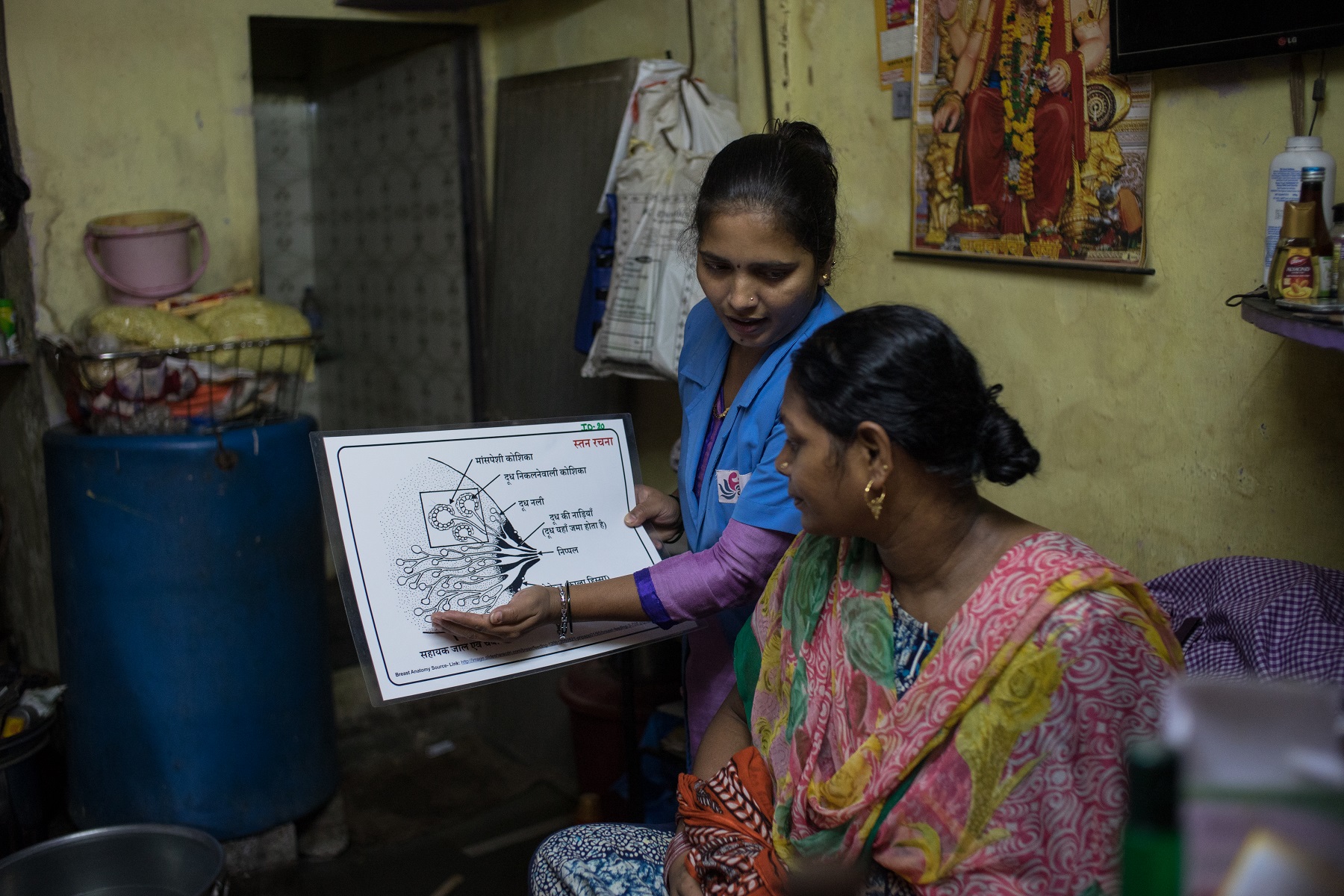
Help came in other ways whenever she felt she’d bitten off more than she can chew. A colleague pitched in as director for a while and brought in significant changes. In 2007, Priya Agrawal, who had worked in the NGO sector, joined and helped her restructure the operations. In 2013, Vanessa D’Souza, who had spent 21 years at Citibank, joined first as a volunteer and then as CEO, bringing in much-needed financial savvy. Many others assisted, and Fernandez says that SNEHA would be incomplete without them.
Of course, lack of structure and experience meant that things did not always work out. They once lost out on a funding opportunity with a donor from the USA when they could not articulate their vision and finances.
However, with a committed team and donors, 400 full-time employees and 750 volunteers, SNEHA grew faster than Fernandez ever envisaged. The organisation now reaches a population of around one million and has 2,65,000 direct beneficiaries.
Starting with one Mumbai slum, its core programmes are now in almost all districts of the state, reaching six other states including Gujarat and Jharkhand through partnerships. The approach is data-driven and sustainable, involving training for all stakeholders.
For example, SNEHA trains police officers to reduce domestic violence. “It’s not enough to try to change community behaviour; the change has to be all-encompassing,” she explains. More recently, the government has asked SNEHA to run the Nirbhaya Centre to support rape survivors in the city.
Saving many lives
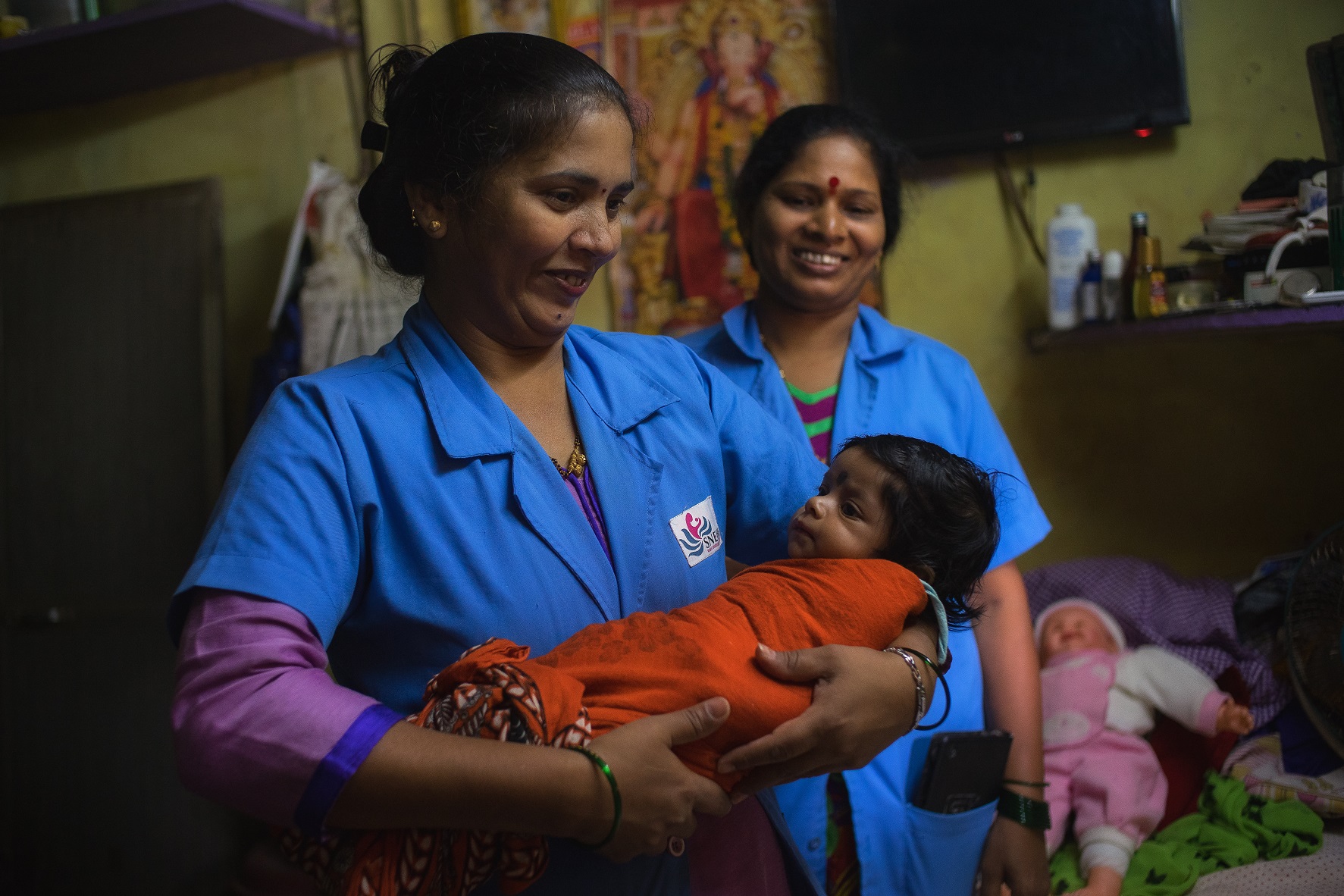
A Goan by birth, Fernandez grew up with loving parents who discouraged her from studying science and medicine. Her mother felt it was too much work, while her father–a poet, immersed in arts and literature–felt science was limiting. Her six siblings studied humanities and charted out careers in related fields.
But Fernandez insisted on pursuing medicine in Hubli, Karnataka, followed by post-graduation in Mumbai, where she met her husband, a fellow doctor and her future life partner of 51 years. After completing her studies, she wanted to work in villages, but her husband pointed out that Mumbai had enough poor people for her to help. If her desire was to improve lives, the slums and chawls were full of those needing assistance.
Even as Fernandez continued to rise to head the Department of Neonatology at Sion, she and her husband–also a doctor–had a daughter in 1974. At 16, Romila developed lymphoma and underwent radiation; it soon advanced to breast cancer and she succumbed to the disease in her mid-30s.
After she lost her only child in 2013, Fernandez realised that there was very little support for people who have cancer. “It wasn’t about the financial aspect. Patients and their families need support, be it emotional, spiritual or just a listening ear.”
So in 2017, she started the Romila Palliative Centre, initially housed in Mumbai’s Holy Family Hospital, where she was the medical director. The centre has directly supported over 700 patients and their families with home care and emotional support.
Also Read: Brave Acid Attack Survivor Now Helps Victims of Rape, Assault & Domestic Violence
Two other initiatives came as a result of her association with Holy Family Hospital. One morning, a famous gynaecologist of the city was taking a morning jog when he suddenly dropped dead. Upon closer examination, Fernandez and the other doctors realised that if someone had found him and given him a cardiac massage in time, he might have been saved. That’s when, in collaboration with cardiologists and the hospital’s administration, she started i-Care, teaching cardiac massage to laypersons.
She also noticed that many older people whose children were overseas were struggling to cope with problems of old age along with loneliness. She saw this and started ‘Connect and Care’, a movement to visit home-bound older citizens.
Fernandez’s direct association with Sion Hospital ended when she retired, and SNEHA is now in able hands. At 75, she stepped down from her medical directorship at Holy Family, but she still has her hands full. It is only because of a persistent cough that this writer managed to catch her at her beautiful and simple home in Mumbai’s Bandra, with an unobstructed view of the Indian Ocean. Perhaps this is what gives her a limitless view and the resolve to swim unhindered in life’s choppy waters.
Like this story? Or have something to share?
Write to us: [email protected]
Connect with us on Facebook and Twitter.
This story made me
- 97
- 121
- 89
- 167
Tell Us More
We bring stories straight from the heart of India, to inspire millions and create a wave of impact. Our positive movement is growing bigger everyday, and we would love for you to join it.
Please contribute whatever you can, every little penny helps our team in bringing you more stories that support dreams and spread hope.







